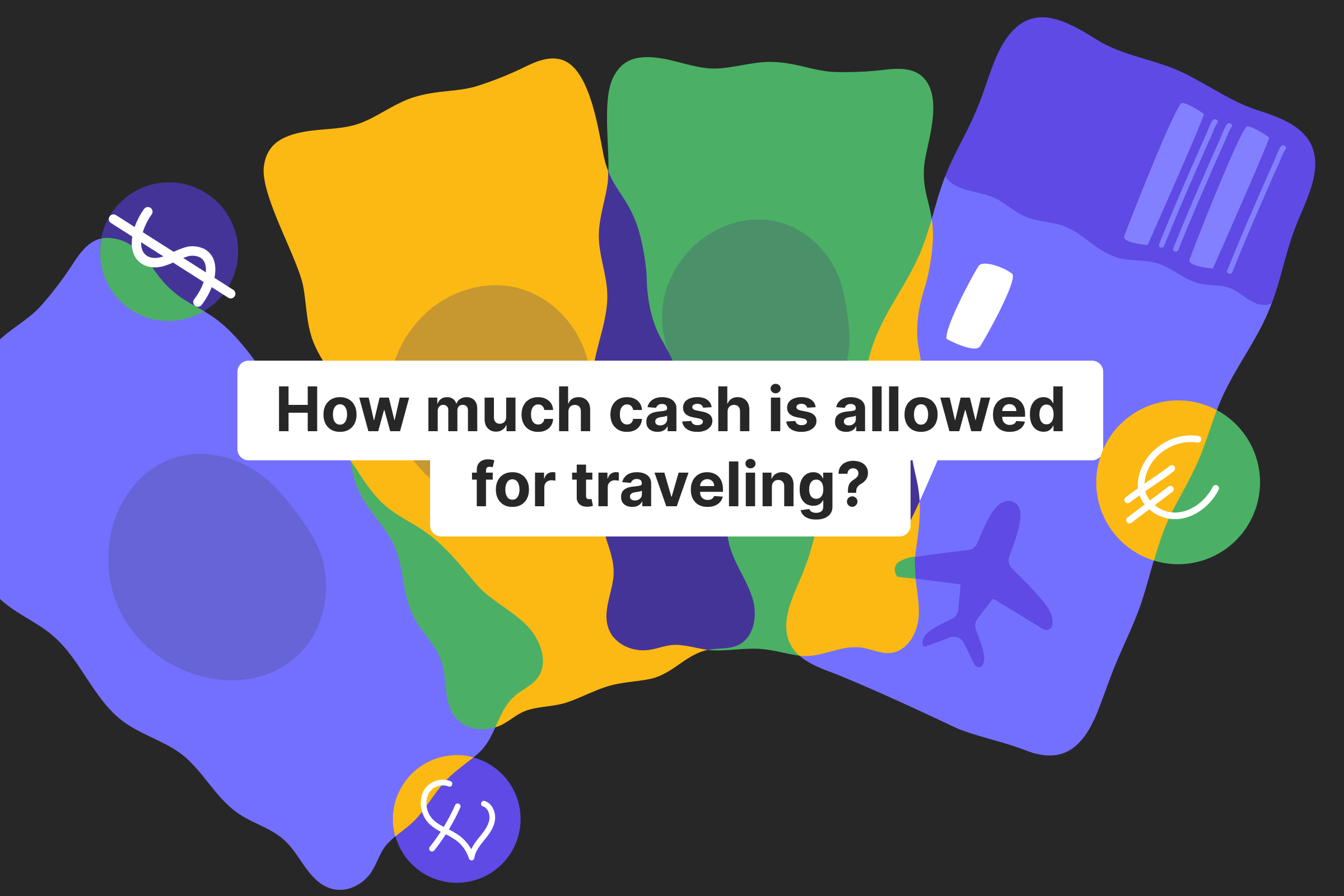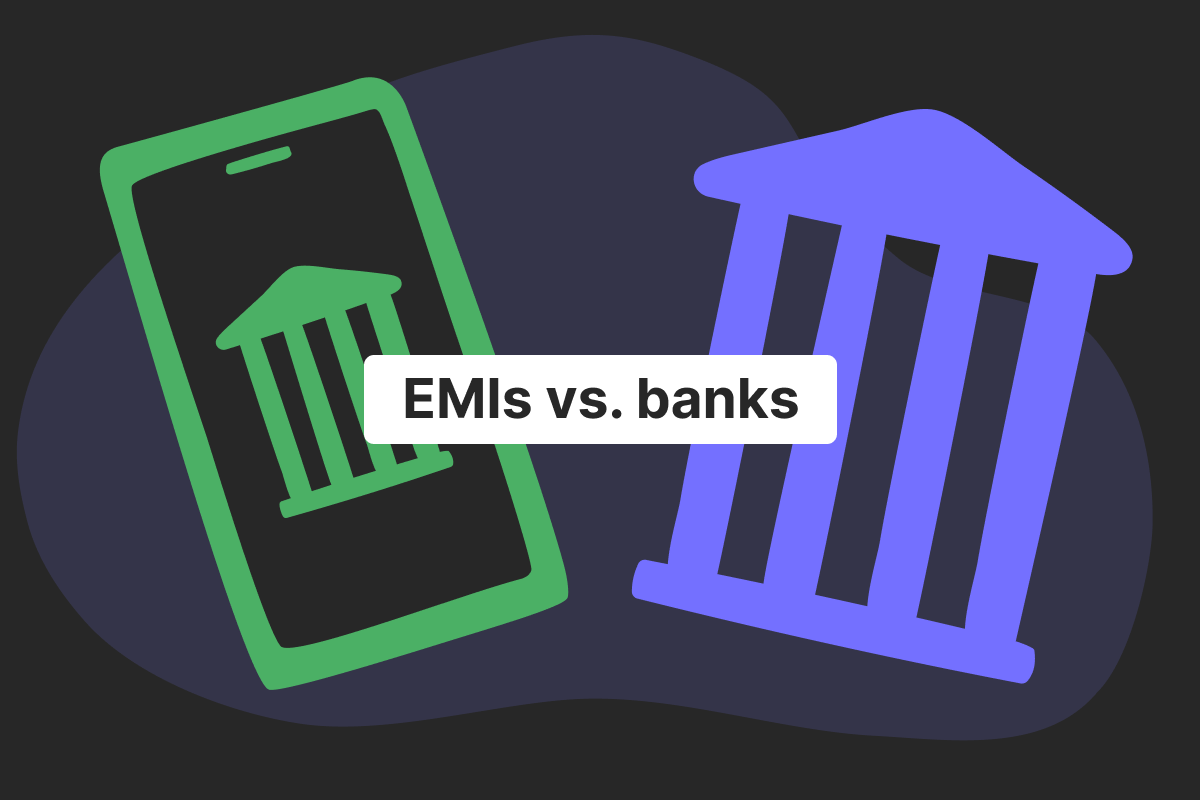How much cash can you travel with? The answer depends on various factors, such as where you’re going. Each government imposes limits on how much national and foreign currency people can carry when crossing its borders. It is why there’s a legal obligation to declare how much cash you hold when traveling from one country to another. Before you leave home, you must know how much cash you can legally take.
General cash-carrying limits across various regions
If you’re getting ready to take an international flight, you should find out how much cash you can carry before reaching the stage of filling in the customs declaration form. For instance, when leaving or entering the UK, you need to declare amounts of £10,000 or above for money laundering reasons. This doesn’t apply to a domestic flight, although you need to declare if you’re taking this amount or more from anywhere else in the UK to Northern Ireland.
Most countries have limits in place that you need to be aware of when you go there. Let’s look at the UK again: if you travel from the UK to the European Union, you must declare if you have €10,000 or more. It can be in physical currency, cheques, money orders, or any other monetary instruments that can be converted into cash. Even precious metals need to be considered when you visit an EU country.
A few examples of the rules in different countries
When traveling between the UK and the US, the American customs authorities expect you to declare if you’re carrying cash of $10,000 or equivalent. For Australia, you need to declare money if you have AUD 10,000 or more. When you take an international flight to Japan, the limit is 1 million Japanese Yen. If you travel to China, you’ll be subject to their rules. At the time of writing, you need to report to customs officials if you have RMB 20,000 or more, with a $5,000 equivalent listed.
The rules are slightly more complicated in cases like India, where residents and non-residents are subject to different rules. Foreign travelers aren’t allowed to import any amount of rupees unless they are residents there, in which case the rules go up to 25,000 INR. When leaving India, you need to declare if you have the equivalent of $5,000 with you.
Don’t forget that these rules are subject to change. You should always check the official customs authority website to see what the current legal situation is. Not knowing the latest rules isn’t considered to be a valid reason for failing to meet them.
There are no rules on the upper limit of how much cash you can carry with you. But failing to declare the money you’re carrying could lead to confiscation, a fine, and even imprisonment. If you’re carrying a particularly large sum of cash, you may be questioned about what you plan to do once you enter the country. Be sure to report the true value of the money you’re carrying, no matter where you travel.
Open an account
in Genome online
Understanding the declaration process
Before traveling, you should check the customs regulations to see how much cash you can travel with and avoid penalties. Remember that varying exchange rates mean that the limit in a foreign currency won’t always be the same amount in pounds. Just because you’ve traveled somewhere before doesn’t mean you can assume the same figure is still valid.
In most cases, you can carry out an online declaration when carrying cash abroad before you even meet a customs officer. If you don’t complete the border protection forms online, you’ll be required to do so in person, which may cause delays.
Any extra questions upon arrival?
Upon arrival on your international flight, you may be asked some additional questions about whether you’re carrying cash or other monetary instruments. The primary concern of customs and border protection officials is to avoid illegal activity, such as drug trafficking, and combat money laundering.
What happens if you don’t declare cash, money orders, or monetary instruments over the allowed limit? It is going to lead to some awkward moments, as you’re going to be asked questions by the customs official if they discover large sums of money that haven’t been declared.
It could disrupt your travel plans and lead to criminal charges or confiscation of the money. The best approach is to understand the current rules and be completely honest. There’s nothing to fear when you follow the rules and aren’t trying to hide criminal activity.
Traveling with cash: safety and best practices
When traveling with large amounts of cash, you must also consider your safety and convenience. Carrying traveler’s cheques, bearer bonds, cashier’s checks, or other monetary instruments may give you greater peace of mind. However, this doesn’t remove the need to declare cash over the stated limits.
If you carry large amounts of cash, you should consider accessories such as a money belt or pouch. You might want to split the total amount of cash across different storage points or use a decoy wallet with old cards and little cash in it.
Don’t forget that the customer and border protection laws cover other objects that can be converted into cash, such as traveler’s checks and precious metals. Some of these items can be carried more easily and securely than others. Therefore, it’s worth taking some time to consider what you find most convenient.
Some alternative approaches to consider
Carrying bank cards and using digital financial tools helps you avoid carrying a lot of money. For instance, financial institutions, such as Genome, offer virtual cards, currency exchange services, and international transfers, which can make your international travel easier and safer.
The benefits of going cashless with Genome
By going cashless with digital financial services, you can avoid the potential hassles of carrying large amounts of cash on your travels. Take a look at how we help you manage your money efficiently while you travel abroad.
There’s now no need to carry all the money you need in cash if you have a Genome card! We provide Visa virtual and physical cards for all our clients, allowing you to pay in-store, online, and contactless at any place where Visa cards are accepted.
The best part is that our cards have the multi-currency feature enabled: you can link cards to accounts in EUR, GBP, USD, PLN, CHF, CZK, HUF, and SEK for cost-effective purchases across Europe!
How can Genome help simplify travel finances?
Traveling internationally becomes a lot easier when you use Genome’s financial services to handle your money.
Carrying our Visa Business cards gives you instant access to your money in most parts of the world without the worries of carrying the cash you have to declare. You won’t need to worry about carrying large sums of money that cause TSA officers to question you. Having debit cards with you lets you access your cash in the local currency at any time.
Additionally, Genome’s dashboard is always accessible – via the web version or the app. Oversee your finances and operations at all times!
Open an account
in Genome online
FAQs
Do I need to declare cash on a domestic flight?
No, you only need to declare the money you carry on international flights. You need to declare to customs how much currency you’re taking out of the country you’re leaving. You then declare how much you’re carrying to the customs official in the country you travel to.
Does the limit per person apply to groups?
While the cash limit is usually per person, you also need to declare to customs if the group or family traveling together goes over this limit. Even if no single member goes over the limits, the fact that the group has a combined total of over the set limit means it needs to be declared.
In what currency should I calculate my cash when traveling internationally?
Most countries have a per-person limit based on their national currency. However, some countries base their limits on US dollars or other currencies people are familiar with to make it easier for foreign travelers to calculate.
Can I properly declare the amount of money to a customs official online?
Many countries publish their customs forms online, together with their rules. By completing the form online before you travel, you may save yourself some time and stress on your trip.
What is considered cash for customs limits in different countries?
Anything that could be considered cash or easily converted to cash needs to be declared. As well as physical currency, this includes traveler’s checks, a bearer form, and negotiable instruments. You also need to declare promissory notes and precious metals like gold to ensure compliance.
What happens if I don’t report the value of cash upon arrival in the US by air?
The US Customs and TSA agents closely check air travel passengers upon arrival. If you fail to report the true value of the cash you carry, this could lead to the money being confiscated. You could also be fined or even face prison, in addition to the hassle and stress of being delayed and questioned.






